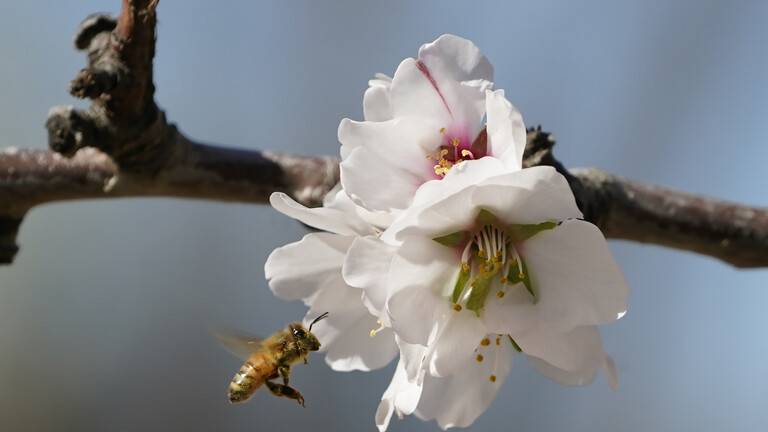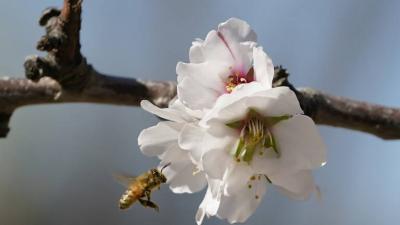In a peculiar case, bees can be legally classified as fish, according to the US Court of Appeals in California. This decision, announced last Tuesday, came after agricultural groups sued state wildlife officials for attempting to list four species of bumblebees under the California Endangered Species Act (CESA), as reported by The Independent.
The judges overturned a lower court's ruling and decided to include threatened or endangered bees in the CESA category of fish—where "fish" is defined to include invertebrates. Pamela Flick, a wildlife advocate and one of the intervenors in the case, stated in a press release: "It’s a great day for bumblebees in California. Today's decision confirms that California's Endangered Species Act applies to all native species at risk in our state, which is critical for protecting our state’s renowned biodiversity."
Under CESA, "endangered species" can be birds, mammals, fish, amphibians, reptiles, or plants, but this definition might exclude other threatened species, such as insects. Conversely, California's Fish and Game Code defines "fish" to include wild fish, mollusks, crustaceans, invertebrates, and amphibians. This law broadens the common boundaries of "fish"—few people would describe a crab as a fish, for example—but the expanded definition allows the state to protect, for instance, the California freshwater shrimp, a species that is only found in California and threatened by development.
In this recent case, the state court had to determine whether bees qualify as "invertebrates" under the state’s definition of "fish." The judges reflected in their ruling: "A fish, as generally understood in everyday language, lives in aquatic environments." However, California's definition of "fish" includes at least one type of terrestrial invertebrate—the "Trinity" rough snail. The judges concluded that the definition of "fish" here should not be limited to aquatic wildlife and that terrestrial invertebrates like bees can be included under the law.
Insects like bees face a variety of threats, from pesticides to the climate crisis. According to the Xerces Society, a nonprofit insect conservation group and another defendant in the case, 28% of bumblebees in North America face extinction. Sarina Jepson of the Xerces Society explained in her press release: "The court ruling allows California to protect some of the most vulnerable pollinators, a step that will contribute to the resilience of ecosystems and local farms in the state."




